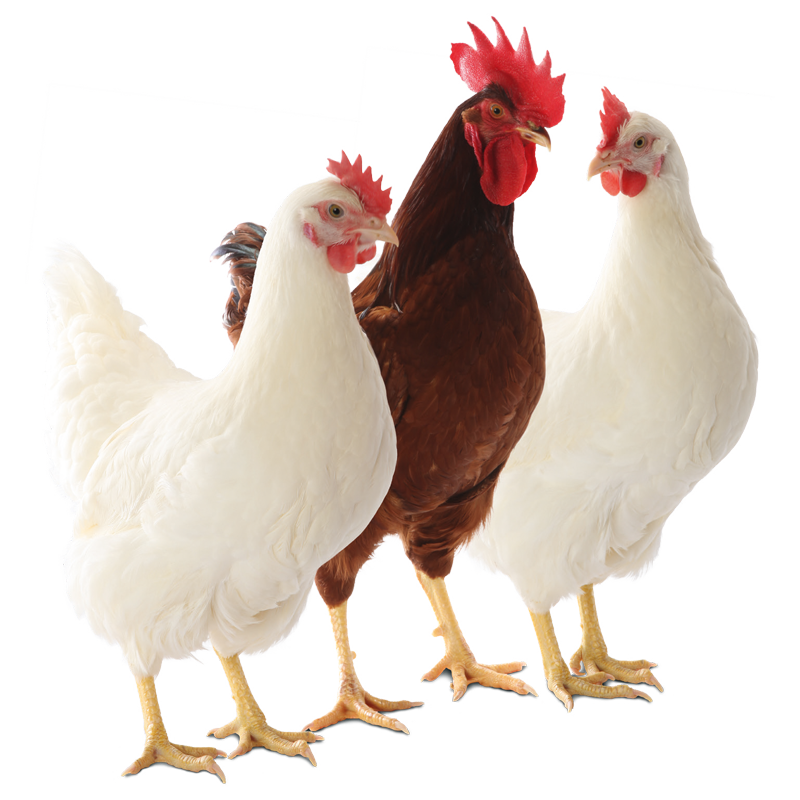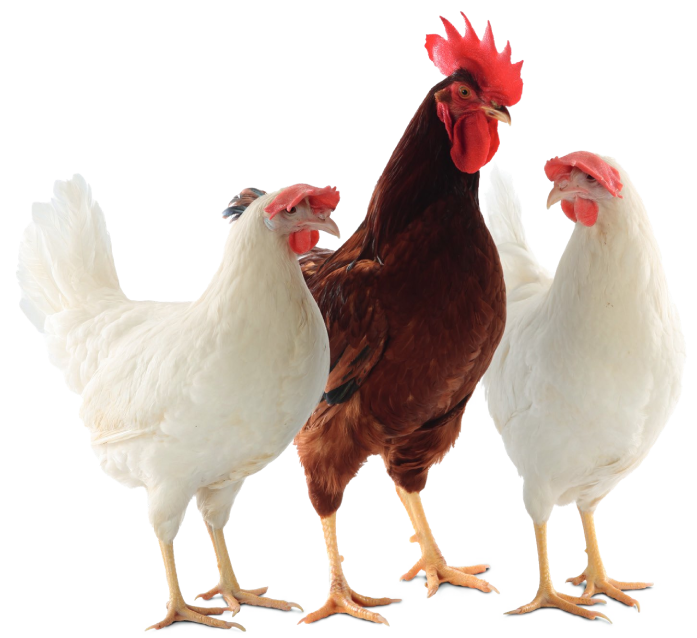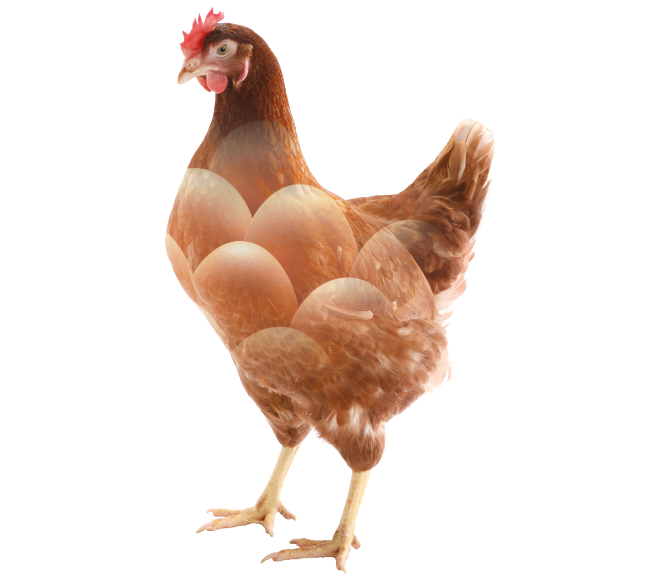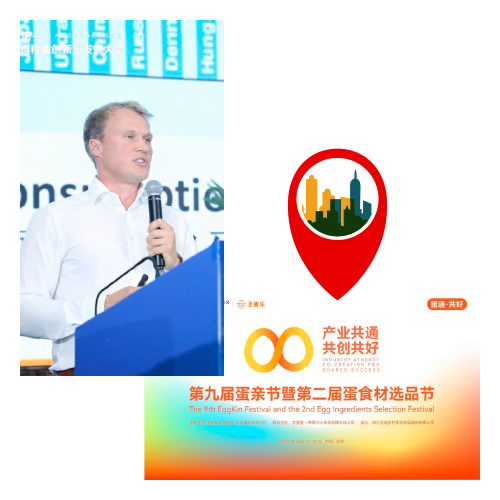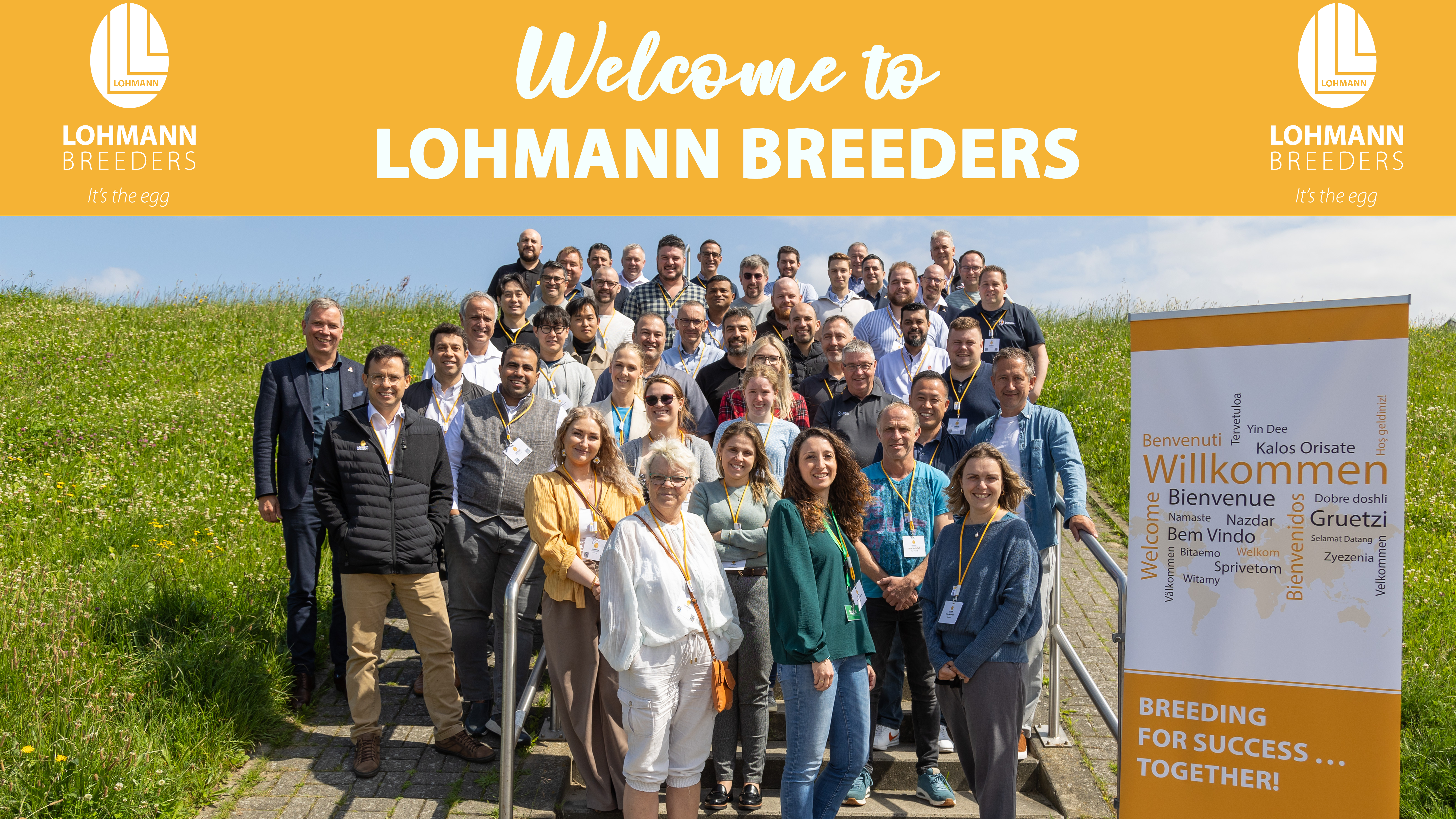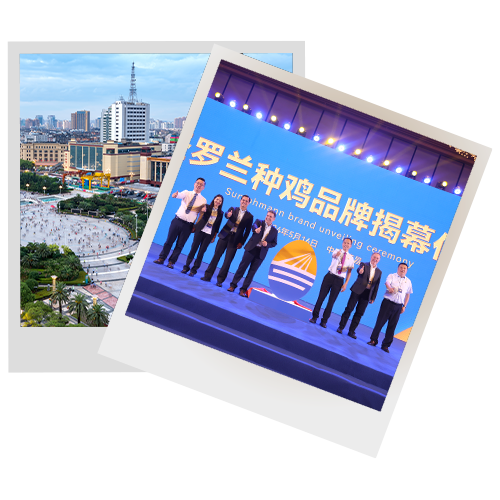Lohmann Animal Health is a well-known provider of feed additives for all animal species and avian vaccines. In feed additives, our special skills are based on a high degree of technical knowledge in the formulation of compounds that meet customer needs in terms of further processing and nutrition. In the vaccine business, Lohmann Animal Health is the global market leader in salmonella vaccines, making us a notable key player in the global prevention of foodborne zoonosis. In fact, we offer a range of products that no other single company can offer. Lohmann’s biggest strength however is its comprehensive view on food animal production.
Our company was established 15 years ago from merging a pharmaceutical and a nutritional company both part of one of Europe’s largest poultry meat integrators. In total we can rely on over 80 years of experience in food animal production and we learned to look at animal health from different angles simultaneously, not with a limited, isolated point of view. Our customers face many different challenges that are the result of the driving forces in the market: Economics, Quality & Safety, Sustainability and Animal Welfare. Our broad competences meet these challenges, all based on the common principle of prevention. Our overall mission and our portfolio are represented in a graphic we call the “Lohmann wheel”:
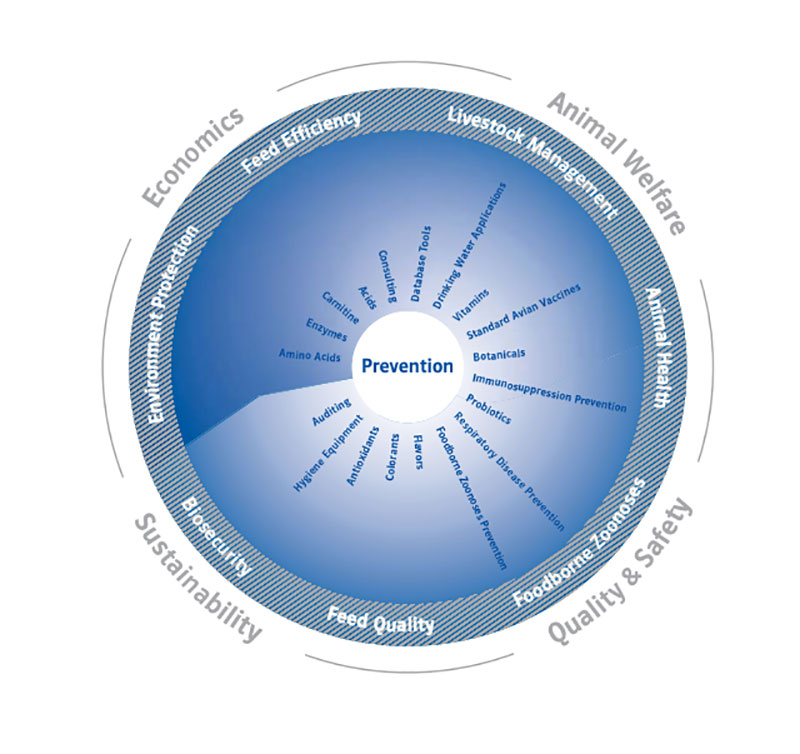
Of course, this commitment has an effect on the way we further develop and market our products, i. e. on the decisions where, how and by which means we do so. For many companies in the pharmaceutical or chemicals and additives sector “animal health” is actually an additional business. But animal health means more than providing a cure. It means to protect animals, humans and the environment along the food animal production chain. The large meat producers are interested in comprehensive solutions knowing that not only price or sensorial properties, but also food safety and sustainable livestock management are considered “quality” in the eyes of the end customer. A holistic approach is the key to the future in this business. Lohmann Animal Health has this knowledge. It enables us both to advise our major customers on holistic and individual measures to optimize animal production and to offer them tailor-made services. The aim is to extend these two elements and to create a chargeable consultancy service called “Integrated Solutions”.
This project began four years ago, with the first phase concentrating mainly on ideas and development. The second phase, the commercialization of the consulting portfolio that was developed, will begin soon. The aim is for this service to become an important Lohmann “product”. The aim is to help major egg and poultry meat producers combat zoonosis and improve animal welfare. Further focal points are planned. Pilot projects are already running or are scheduled to start in 2012 with major customers in Europe and the USA, and additional pilot projects are planned for later in Latin America and Asia. Innovation is of very high importance in this scheme and must not be restricted to products, but also involve innovative thinking about livestock management in total and the interplay of different elements, e.g. nutrition, hygiene, vaccination. It is all connected.
Soon 8 billion people will have to be fed on our planet. Food is a human right and it requires intensive agriculture and animal husbandry. On the other hand food animal production has to fulfill new and additional requirements in order to meet these expectations. New ideas and tools are necessary. Lohmann Animal Health is known to follow an academic approach to innovation, rather than having our focus on shiny marketing. We already maintain a good network into the academia and intend to invest more in these relations, e.g. with an endowed professorship at the renowned Tierärztliche Hochschule Hannover, our dissertation price, scholarships and Centers of Excellence. We think the cooperation of industry, academia and the users is the best road to genuine innovation. Our business is closely linked to food animal production which is increasingly in the public focus. Coverage on irresponsible use of antibiotics, dioxin contamination in feed or animal torture dominates the public perception, also shedding a bad light onto the “enablers”. We need to show that intensive animal production can very well be in accordance with welfare and sustainability and that our industry is not only supporting this idea but also is the driving force behind it.
